Uncategorized
Uncategorized
Mission and Vision
We are very excited to share our new Mission and Vision Statements with you! Our Mission is: We proactively offer high-value solutions to our clients, which support the education and health of the students they serve. We maintain authentic relationships with our clients at all levels, in order to understand and respond to their needs and […]
Did you miss the PSI Health Staff Webinar on self-injury on April 23rd?
Don’t worry, You can listen to it at your leisure and still get your CEU credit. The free webinar presented by Richard Lieberman, MA, NCSP was extremely informative and should not be missed. Just listen to the full one hour recording and complete the 5 question survey and email it to [email protected]. A certificate of completion […]
PSI is proud to sponsor two free webinars on Self-Injury
PSI will hold 2 webinars on NSSI (Non-suicidal self-injury). The first webinar on April 23rd is aimed at helping PSI Health Staff recognize the signs of self-injury. The webinar on the 28th will outline the many factors involved in this complex behavior and provide response guidelines for schools and strategies to help students reduce their self-injurious […]
Ebola Information Center
The PSI School Health Department has created this Ebola Information site as a PSI resource to provide the schools and the school communities we serve with credible information concerning the school’s role regarding the Ebola scare. We will keep you updated on this critical and constantly changing health situation through this web site. We are […]
Laying the Foundation for Reading Success – Tim Rasinski, Ph.D.
If you attended the ESS Fall Meeting on Friday September 19th, 2014 and were intrigued by what Dr. Rasinski was presenting, then here are some additional resources for you: Frog and Toad – The Kite Frog and Toad – Spring Songbook – Valentine’s Day Songbook – Spring Songbook – Summer Songbook – Patriotic Songbook – […]
PSI Offers Free Webinar: Going Beyond Fluency
We are sorry that you may have missed our free webinar. The good news is that it is available online for you to still watch. We hope this helps. For any questions regarding PSI services please contact Karen McKelvey at [email protected]. ———————————————– PSI held a free webinar on September 18, 2014 from 3-4pm EST […]
 20
20Mar
Students win Competition at Akron University
Congratulations to the Chinese II students at Walsh Jesuit High School for placing first in the speaking competition at the Confucius Institute at Akron University. The students performed a five minute skit that included speaking and singing. The competition was a part of the Confucius Institute 2014 China Day activities, an event that several other […]
 15
15Nov
The Autumn 2013 PSI Paradigm is now available
Articles in this magazine include “The 4th R”, Fostering Resiliency in Special Education Students, Overcoming the Impossible – a reflection on stuttering, Advancements in Autism Science. Click Here to download the most recent version of our educational magazine.
 13
13Jul
PSI’S Prevention & Intervention Initiatives
PSI prevention and intervention services have been implemented in over 200 schools yearly throughout Ohio, have touched the lives of more than 100,000 students throughout the years. Research-based programs are offered for all grade levels, K through 12, and can be designed for a wide array of time parameters, including after school.

Recent Comments